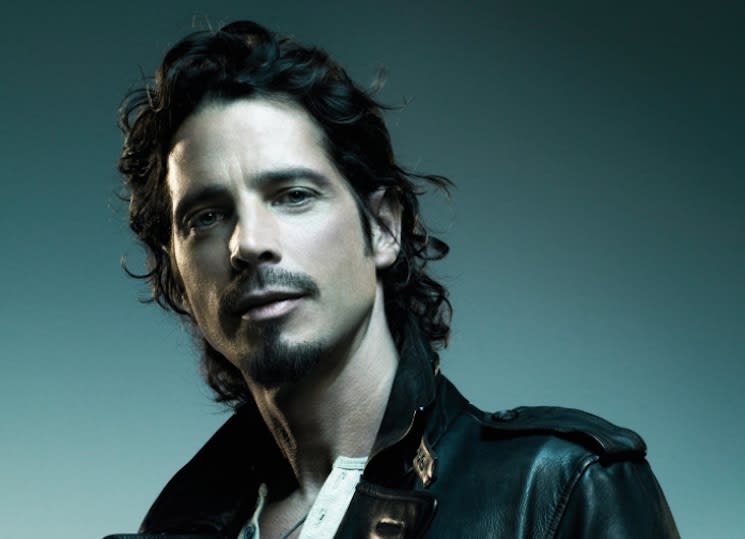Chris Cornell contained multitudes. A wailing banshee who would transform into soulful crooner — sometimes across just a few bars of music — the singer, guitarist and songwriter embodied the rock star frontman even as he sought to subvert it.
He'll forever be primarily associated with Soundgarden, the Seattle four-piece that helped make "grunge" a cultural force, but in a career that spanned over 30 years, cut short following his death last month, Cornell chased his muse across the many facets of his musical personality, wielding his four-octave vocal range with precision in each one.
The body of work he leaves behind is staggering for both its breadth and its quality. In an effort to sort out the best of the best, here is Exclaim!'s Essential Guide to Chris Cornell.
Essential Albums:
5. Chris Cornell
Euphoria Morning
(1999)
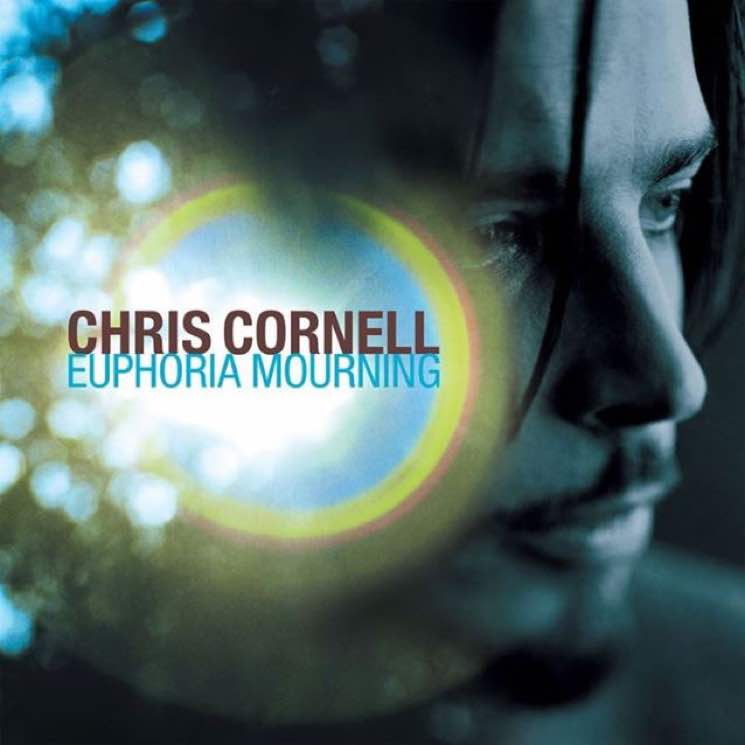
Cornell had delivered solo performances in the past, but he waited until after Soundgarden's demise to fully launch a solo career. Unencumbered by guitar riffage, his voice is finally given centre stage here, and it soars even as parts of the album are weighed down by the alt-rock albatross that still hung around his neck. It's when Cornell breaks free of expectations that the album truly comes alive, and it's easy to conceive of an alternate reality in which the singer's solo output matched the work that brought him fame in the first place.
4. Chris Cornell
Songbook
(2011)
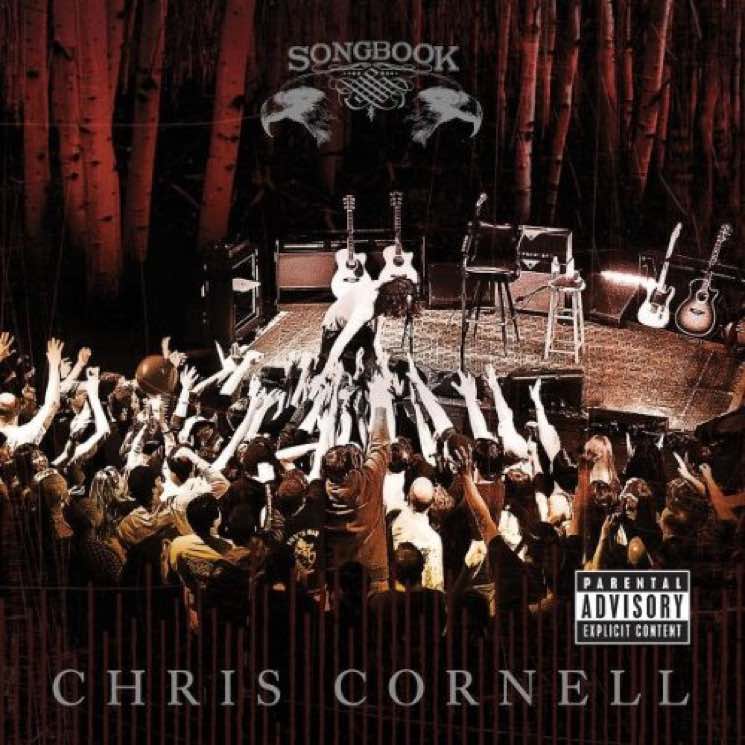
This collection of solo acoustic performances from a Spring 2011 tour, which includes a half-dozen selections recorded at Canadian stops, offers the best overview of Cornell's career put to record. Pulling from Soundgarden, Temple of the Dog, Audioslave and his solo career, plus a few choice covers, the sparse instrumentation makes Cornell's voice and lyrics the focus, offering an intimate and introspective look at a singer whose outsized rock-star image often obscured the fragile humanity of his music.
3. Temple of the Dog
Temple of the Dog
(1991)
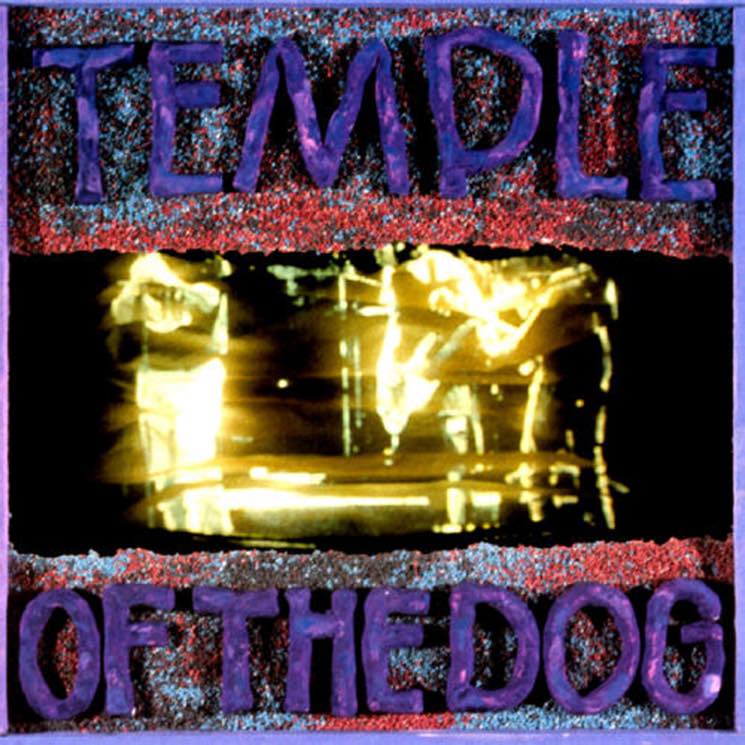
The story around this album is, by now, music legend: Promising band (Mother Love Bone) see their enigmatic frontman die from a heroin overdose. Distraught, his roommate (Cornell) pens a couple of tunes in his honour, combines them with some other material he's working on and invites friends and band mates (Stone Gossard, Jeff Ament, Mike McCready, Matt Cameron) to a two-week recording session as a form of grieving. Some guy named Eddie sang backup.
Released in 1991, the record initially did some minor business, but few outside of the tight-knit Seattle scene took notice until that scene exploded the following summer. Though it's now viewed as a seminal grunge release, it boasts few of the genre's heavy-rock hallmarks. Instead, it features midtempo numbers that serve as bedrock for Cornell's impressive vocals. "Hunger Strike" will forever overshadow everything else on the album, but its ubiquity shouldn't dissuade a deeper dive into the record's other highlights; opener "Say Hello to Heaven" in particular, written for Wood, is perhaps the most heartfelt and affecting song Cornell has ever written.
2. Soundgarden
Badmotorfinger
(1991)
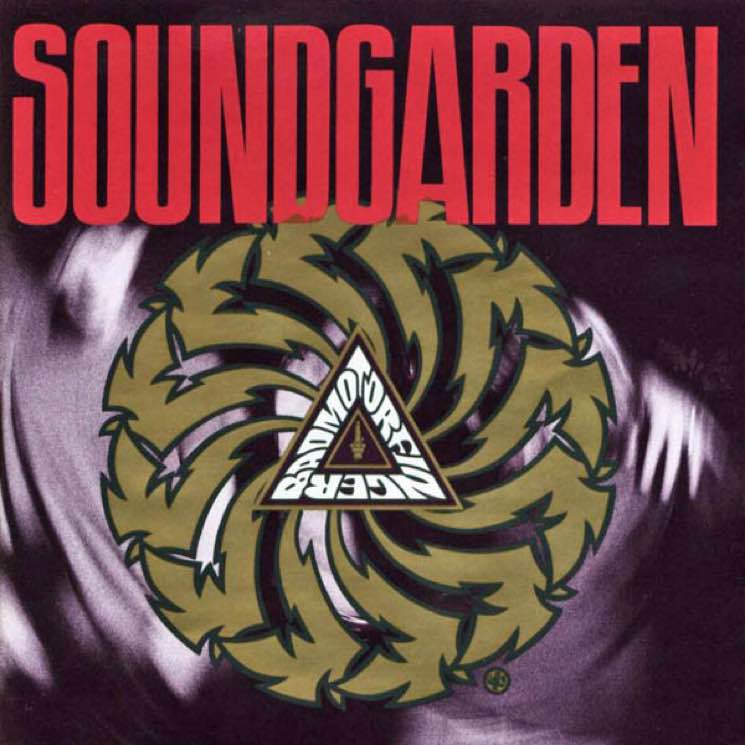
Years later, Superunknown had the commercial appeal to rocket Soundgarden to the top of the charts, but if you want to hear the shirtless, rock god version of Cornell that inspired Mudhoney's Mark Arm to pen "Overblown," this is it. From the opening riff of "Rusty Cage" to the final chugging chords of "New Damage," the band are firing on all cylinders, straddling the line between alt-rock and metal at a time when such things were frowned upon. Cornell's voice and Kim Thayil's guitars fight for space, creating a creeping tension that makes an already heavy record carry that much more weight.
1. Soundgarden
Superunknown
(1994)
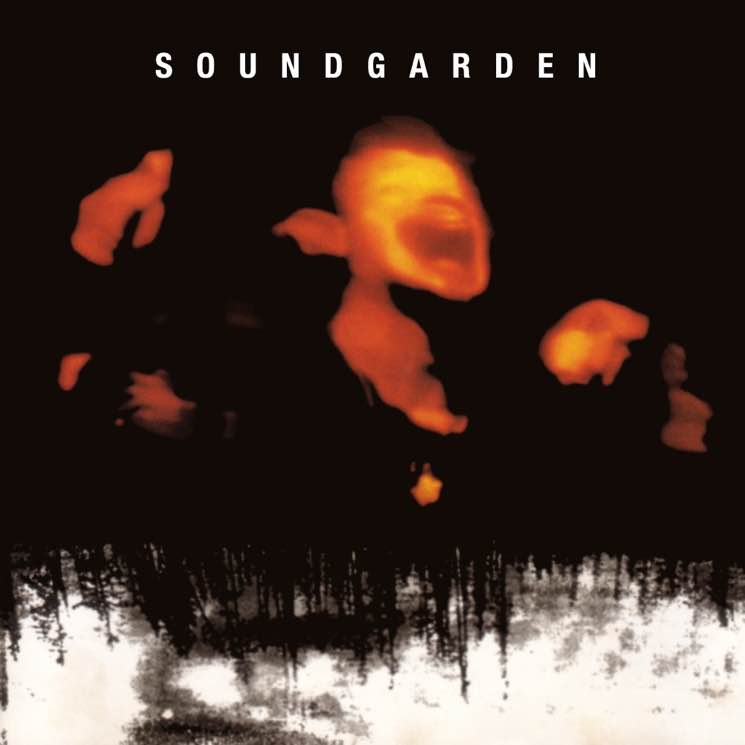
Soundgarden's commercial breakthrough — it went five times platinum — was also their creative peak. The yin and yang between Thayil's guitars and Cornell's voice found equilibrium on a record that, despite a 70-minute runtime, still manages to throw new modes and sounds at the listener with each new track. It also showcased the many sides of Cornell's voice (see the shift from the opening lines of "Fell on Black Days" to its final pained wails).
Soundgarden were the rare band in which every member contributed songs, but notably, the singer-guitarist also wrote four of Superunknown's five iconic singles alone (Thayil co-wrote "My Wave"). The result was a tour de force that stands not only as the band's best effort, but one of the era's, as well.
What to Avoid
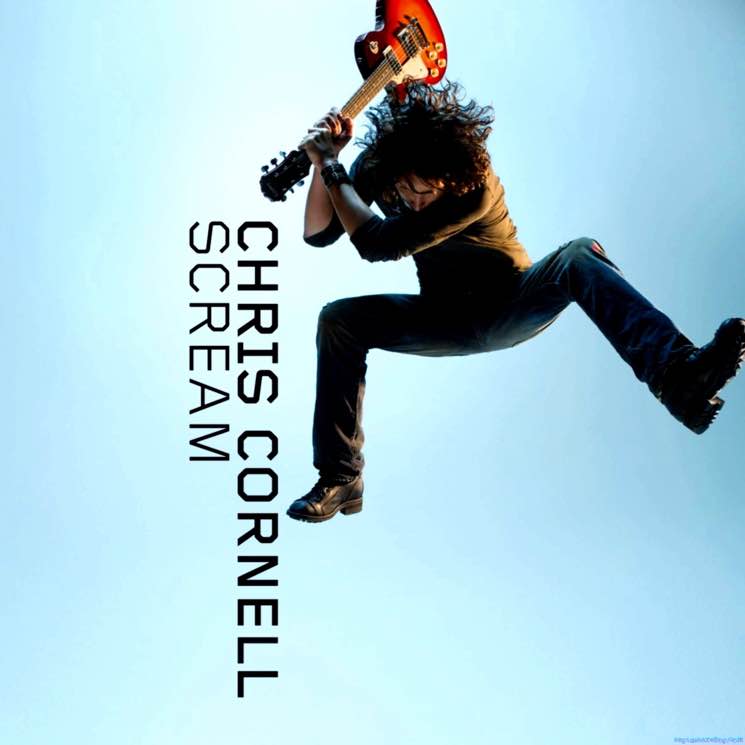
Audioslave, the band Cornell formed with three-quarters of Rage Against the Machine, certainly has plenty of fans, and at the time the quartet were a commercial force to be reckoned with. But Cornell's vocals never quite fit with his bandmates' more percussive playing style. Despite making three albums together, things never quite gelled, and a decade of modern rock's diminishing returns since Audioslave's breakup hasn't helped remedy that.
Of course, no overview of Cornell's career would be complete without a nod to the "WTF were they thinking?" album, Scream, he made with Timbaland in 2009. The eight years since its released have not been kind to a record whose contemporary reception was best summed up by a Trent Reznor tweet: "You know that feeling you get when somebody embarrasses themselves so badly YOU feel uncomfortable? Heard Chris Cornell's record? Jesus."
Further Listening:
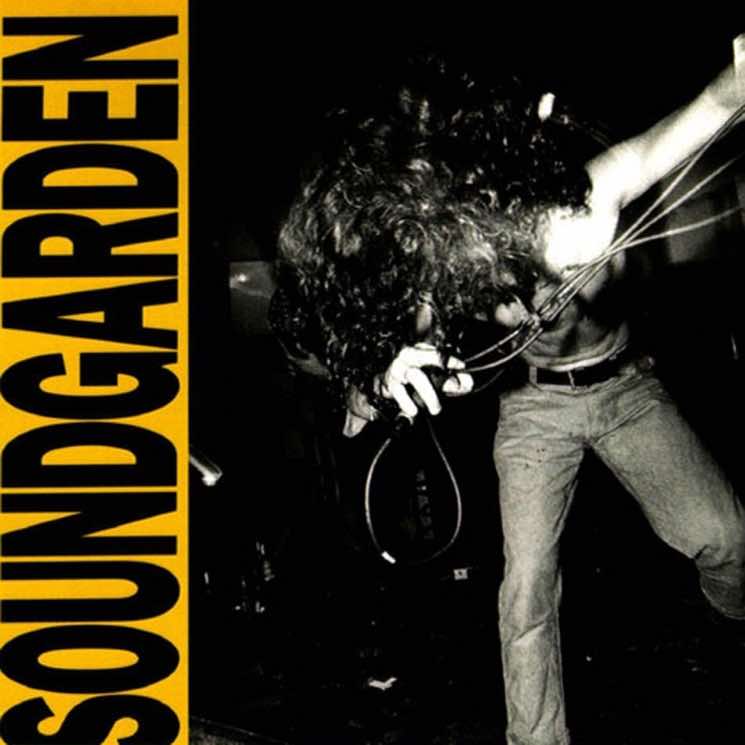
It took Soundgarden a couple of albums to hit their stride, but that shouldn't stop the curious from checking out their earliest releases. More psychedelic metal than grunge or alt-rock, both Ultramega OK (1988) and Louder Than Love (1989) are imperfect records, but both contain highlights — notably "Flower" from the former and "Loud Love" from the latter. If you're still game after working through these releases, Screaming Life/Fopp (1990) collects the band's first two EPs and includes the first group's first signs of greatness, "Nothing to Say."
The band's swansong, Down on the Upside (1996) and reunion record King Animal (2012) are both fine examples of the group's signature sound, even if neither really pushes that sound forward (and Down on the Upside suffers from an over-long second half). Yet, Upside's "Burden in My Hand" is one of Soundgarden's most memorable and accessible songs, finding a perfect equilibrium between guitarist Kim Thayil's ambitious playing and Cornell's sticky vocal melody, even while the lyrics — "Kill your health, and kill yourself, and kill everything you love" — suggest something more sinister creeping underneath.
Outside of fan circles, Cornell's soundtrack contributions are probably his most omnipresent solo material. Of those tracks, "Seasons" from 1992 flick Singles is probably the most fondly recalled. But, the highlight is his 1998 post-Soundgarden coming out party, "Sunshower," from Alfonso Cuarón's otherwise forgettable film adaptation of Charles Dickens' Great Expectations. Also of note is "You Know My Name," his surprising turn penning and singing the theme song to Daniel Craig's first outing as James Bond in 2006's Casino Royale.
He'll forever be primarily associated with Soundgarden, the Seattle four-piece that helped make "grunge" a cultural force, but in a career that spanned over 30 years, cut short following his death last month, Cornell chased his muse across the many facets of his musical personality, wielding his four-octave vocal range with precision in each one.
The body of work he leaves behind is staggering for both its breadth and its quality. In an effort to sort out the best of the best, here is Exclaim!'s Essential Guide to Chris Cornell.
Essential Albums:
5. Chris Cornell
Euphoria Morning
(1999)

Cornell had delivered solo performances in the past, but he waited until after Soundgarden's demise to fully launch a solo career. Unencumbered by guitar riffage, his voice is finally given centre stage here, and it soars even as parts of the album are weighed down by the alt-rock albatross that still hung around his neck. It's when Cornell breaks free of expectations that the album truly comes alive, and it's easy to conceive of an alternate reality in which the singer's solo output matched the work that brought him fame in the first place.
4. Chris Cornell
Songbook
(2011)

This collection of solo acoustic performances from a Spring 2011 tour, which includes a half-dozen selections recorded at Canadian stops, offers the best overview of Cornell's career put to record. Pulling from Soundgarden, Temple of the Dog, Audioslave and his solo career, plus a few choice covers, the sparse instrumentation makes Cornell's voice and lyrics the focus, offering an intimate and introspective look at a singer whose outsized rock-star image often obscured the fragile humanity of his music.
3. Temple of the Dog
Temple of the Dog
(1991)

The story around this album is, by now, music legend: Promising band (Mother Love Bone) see their enigmatic frontman die from a heroin overdose. Distraught, his roommate (Cornell) pens a couple of tunes in his honour, combines them with some other material he's working on and invites friends and band mates (Stone Gossard, Jeff Ament, Mike McCready, Matt Cameron) to a two-week recording session as a form of grieving. Some guy named Eddie sang backup.
Released in 1991, the record initially did some minor business, but few outside of the tight-knit Seattle scene took notice until that scene exploded the following summer. Though it's now viewed as a seminal grunge release, it boasts few of the genre's heavy-rock hallmarks. Instead, it features midtempo numbers that serve as bedrock for Cornell's impressive vocals. "Hunger Strike" will forever overshadow everything else on the album, but its ubiquity shouldn't dissuade a deeper dive into the record's other highlights; opener "Say Hello to Heaven" in particular, written for Wood, is perhaps the most heartfelt and affecting song Cornell has ever written.
2. Soundgarden
Badmotorfinger
(1991)

Years later, Superunknown had the commercial appeal to rocket Soundgarden to the top of the charts, but if you want to hear the shirtless, rock god version of Cornell that inspired Mudhoney's Mark Arm to pen "Overblown," this is it. From the opening riff of "Rusty Cage" to the final chugging chords of "New Damage," the band are firing on all cylinders, straddling the line between alt-rock and metal at a time when such things were frowned upon. Cornell's voice and Kim Thayil's guitars fight for space, creating a creeping tension that makes an already heavy record carry that much more weight.
1. Soundgarden
Superunknown
(1994)

Soundgarden's commercial breakthrough — it went five times platinum — was also their creative peak. The yin and yang between Thayil's guitars and Cornell's voice found equilibrium on a record that, despite a 70-minute runtime, still manages to throw new modes and sounds at the listener with each new track. It also showcased the many sides of Cornell's voice (see the shift from the opening lines of "Fell on Black Days" to its final pained wails).
Soundgarden were the rare band in which every member contributed songs, but notably, the singer-guitarist also wrote four of Superunknown's five iconic singles alone (Thayil co-wrote "My Wave"). The result was a tour de force that stands not only as the band's best effort, but one of the era's, as well.
What to Avoid

Audioslave, the band Cornell formed with three-quarters of Rage Against the Machine, certainly has plenty of fans, and at the time the quartet were a commercial force to be reckoned with. But Cornell's vocals never quite fit with his bandmates' more percussive playing style. Despite making three albums together, things never quite gelled, and a decade of modern rock's diminishing returns since Audioslave's breakup hasn't helped remedy that.
Of course, no overview of Cornell's career would be complete without a nod to the "WTF were they thinking?" album, Scream, he made with Timbaland in 2009. The eight years since its released have not been kind to a record whose contemporary reception was best summed up by a Trent Reznor tweet: "You know that feeling you get when somebody embarrasses themselves so badly YOU feel uncomfortable? Heard Chris Cornell's record? Jesus."
Further Listening:

It took Soundgarden a couple of albums to hit their stride, but that shouldn't stop the curious from checking out their earliest releases. More psychedelic metal than grunge or alt-rock, both Ultramega OK (1988) and Louder Than Love (1989) are imperfect records, but both contain highlights — notably "Flower" from the former and "Loud Love" from the latter. If you're still game after working through these releases, Screaming Life/Fopp (1990) collects the band's first two EPs and includes the first group's first signs of greatness, "Nothing to Say."
The band's swansong, Down on the Upside (1996) and reunion record King Animal (2012) are both fine examples of the group's signature sound, even if neither really pushes that sound forward (and Down on the Upside suffers from an over-long second half). Yet, Upside's "Burden in My Hand" is one of Soundgarden's most memorable and accessible songs, finding a perfect equilibrium between guitarist Kim Thayil's ambitious playing and Cornell's sticky vocal melody, even while the lyrics — "Kill your health, and kill yourself, and kill everything you love" — suggest something more sinister creeping underneath.
Outside of fan circles, Cornell's soundtrack contributions are probably his most omnipresent solo material. Of those tracks, "Seasons" from 1992 flick Singles is probably the most fondly recalled. But, the highlight is his 1998 post-Soundgarden coming out party, "Sunshower," from Alfonso Cuarón's otherwise forgettable film adaptation of Charles Dickens' Great Expectations. Also of note is "You Know My Name," his surprising turn penning and singing the theme song to Daniel Craig's first outing as James Bond in 2006's Casino Royale.
